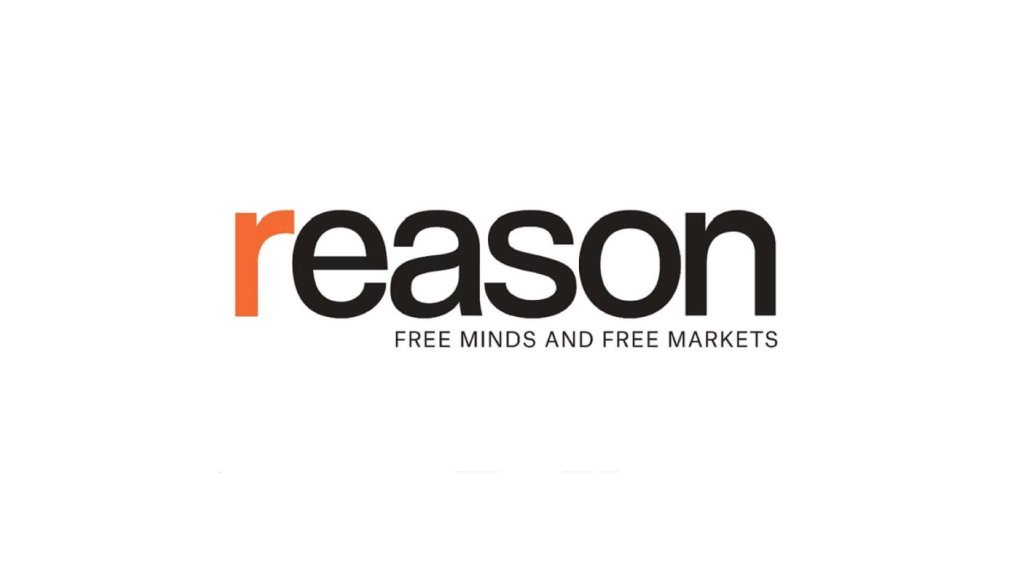Don’t Count on Quitting Social Media To Make Your Life Better
Once upon a time, I was an avid social media user. Now, not so much. Social media make up a minimal part of my news diet and my day. I can pinpoint several reasons for this. But its effects are harder to gauge.
Has cutting back on social made me or my life better? I’m not sure. I’m definitely happier overall now than I was in my most prolific social media days, but my life has changed in many significant ways since then too. It’s impossible to isolate any social-media-specific effect. When I am on it now—or at least on certain platforms, especially X— I notice myself getting riled up about things that don’t matter, or over which I have no control. That doesn’t seem ideal. Then again, in my profession, some degree of riling up can be good. I also feel more inspired when I use social media, and more connected to people and things beyond my immediate community. Ultimately, cutting back may be a net wash for my well being.
Granted, I was never someone who felt particularly bummed out by social media. I’m sure there are some people for whom its removal might make a big and positive difference.
But on the whole, most people are, it seems, like me.
Taking a break from social media has little effect on their well-being in either a positive or a negative way, a new meta-analysis in Scientific Reports suggests. “Temporarily stepping away from social media may not be the most optimal approach to enhance individual well-being,” write the researchers, led by Laura Lemahieu of the University of Antwerp.
‘Abstaining From Social Media Does Not Make You Feel Better’
“Abstaining from social media has become a popular digital disconnection strategy of individuals to enhance their well-being,” Lemahieu and her colleagues note. “To date, it is unclear whether social media abstinences are truly effective in improving well-being, however, as studies produce inconsistent outcomes.”
To investigate further, they looked at studies examining social media abstinence and its effect on positive affect, negative affect, and life satisfaction.
They describe positive affect as being “characterized by emotions like enthusiasm, alertness, and energy.” Negative affect features “more unpleasant feelings, such as anger, fear, and guilt.”
Social media abstinence is defined as “an individual’s voluntary and temporary decision to completely refrain from using one or more social media platforms on one or multiple devices.”
Their analysis ultimately included 10 peer-reviewed studies, involving a total of 4,674 participants.
“The analyses revealed no significant effects of social media abstinence interventions on positive affect, negative affect, or life satisfac
Article from Reason.com

The Reason Magazine website is a go-to destination for libertarians seeking cogent analysis, investigative reporting, and thought-provoking commentary. Championing the principles of individual freedom, limited government, and free markets, the site offers a diverse range of articles, videos, and podcasts that challenge conventional wisdom and advocate for libertarian solutions. Whether you’re interested in politics, culture, or technology, Reason provides a unique lens that prioritizes liberty and rational discourse. It’s an essential resource for those who value critical thinking and nuanced debate in the pursuit of a freer society.




